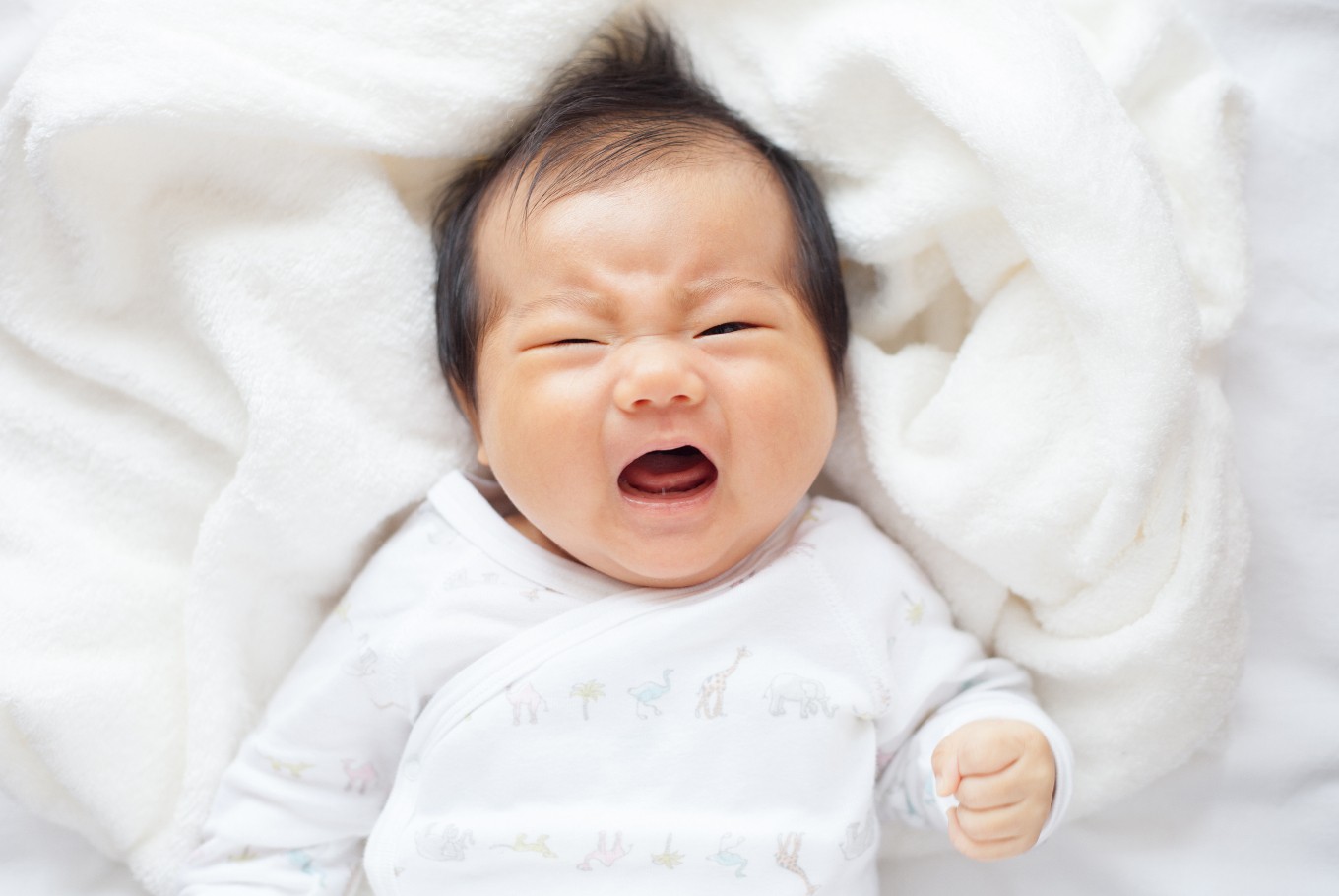Popular Reads
Top Results
Can't find what you're looking for?
View all search resultsPopular Reads
Top Results
Can't find what you're looking for?
View all search resultsLeaving your baby to cry a little has no negative effects on their development: Study
Change text size
Gift Premium Articles
to Anyone
W
hile many parents have their own view on whether to leave their babies to cry or whether to soothe them straight away, a new UK study has found that leaving infants to “cry it out” from birth up to 18 months doesn't have negative effects.
Carried out by researchers at the University of Warwick, the new study followed 178 infants and their mothers over a period of 18 months to investigate the hotly debated topic of whether parents should intervene immediately when their baby starts to cry.
During the study, the researchers assessed whether mothers intervened straight away or not using a maternal report, which was completed when babies were 3, 6 and 18 months old. The babies' cry duration was also assessed at term and at age 3 and 18 months.
The researchers also recorded the mothers' playtime with her baby and assessed attachment at 18 months.
The findings, published in the Journal of Child Psychology and Psychiatry, showed that leaving babies to cry from birth appeared to make little difference to their behavior development or attachment to their parents by the time they had reached 18 months.
Read also: Maternal response to crying baby exists across cultures: study
In fact, the babies who were left to cry it out a few times, particularly around the age of three months, actually appeared to cry less and for a shorter length of time at 18 months.
The team also found that around two thirds of mothers responded to their child intuitively and learned from their infant. This meant that more mothers responded to crying immediately when children were born — leaving them to cry it out was rare — but it became more common as they got older and mothers learned to leave their child to cry for a while to see if they could calm themselves first.
The researchers say this allows infants to learn how to self-regulate during both the day and through the night.
Researcher Dr Ayten Bilgin commented on the findings, saying, “Only two previous studies nearly 50 or 20 years ago had investigated whether letting babies 'cry it out' affects babies' development. Our study documents contemporary parenting in the UK and the different approaches to crying used.”
Lead author Professor Dieter Wolke, added, “We have to give more credit to parents and babies. Most parents intuitively adapt over time and are attuned to their baby's needs, wait a bit before intervening when crying and allow their babies the opportunity to learn to self-regulate. Most babies develop well despite their parents intervening immediately or not to crying.”











